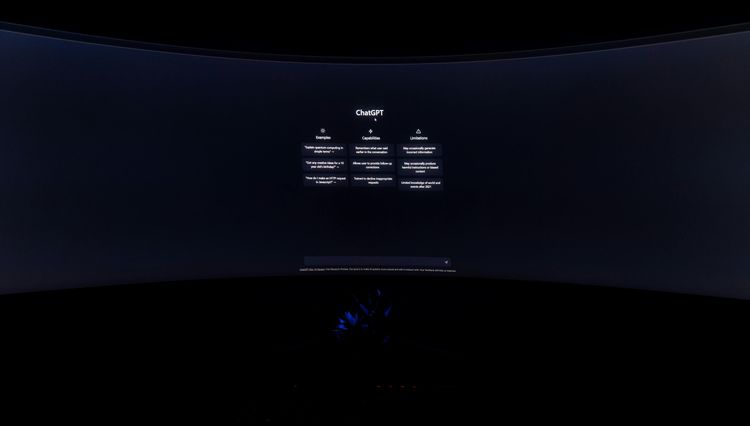DeepMind has unveiled a groundbreaking AI-powered weather prediction system called GenCast, which outperforms existing state-of-the-art models in both precision and processing speed. In a direct comparison with the European Centre for Medium-Range Weather Forecasts’ (ECMWF) ENS system, GenCast provides more accurate daily weather forecasts and is better at predicting extreme weather events up to 15 days in advance, offering an accuracy improvement of up to 20%.
GenCast is trained using 40 years of meteorological data, spanning from 1979 to 2018. It processes a wide range of atmospheric variables, including wind speed, temperature, pressure, and humidity. Thanks to the power of a single Google Cloud TPU processor, GenCast can generate global weather predictions at 12-hour intervals for the next 15 days in just eight minutes—an achievement that would typically take several hours or more on supercomputers running traditional physics-based models.
This AI-driven approach not only accelerates forecasting but also boosts the accuracy of predicting the paths of hurricanes and other tropical storms, which is especially beneficial for industries like energy, where accurate wind power predictions are critical. However, as noted by DeepMind researcher Ilan Price, these AI models are meant to complement existing weather forecasting techniques rather than replace them entirely in the short term.
This innovation represents a significant shift in weather prediction practices, encouraging national meteorological agencies to generate broader ensembles of forecasts, which could enhance confidence in predicting extreme weather events. Despite the promise of GenCast, some experts remain skeptical about the ability of machine learning models to fully account for the “butterfly effect”—the notion that small changes in conditions can lead to large, unpredictable outcomes—posing a continuing challenge for the accuracy of ensemble-based forecasts.
While GenCast shows immense potential, it is essential to remain cautious when relying on predictive models, including those driven by AI, as they are not infallible and can still make mistakes.







